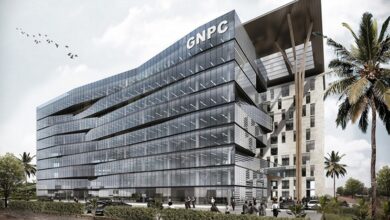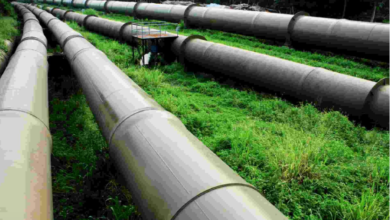Ghana’s petroleum revenues: PIAC pushes for increased transparency and accountability

THE Public Interest and Accountability Committee (PIAC) has raised critical concerns about the allocation of Ghana’s petroleum revenues to key infrastructure projects, emphasizing transparency issues in disbursement processes.
PIAC is the body set up to monitor the utilisation of Ghana’s petroleum revenue.
During a workshop with journalists on PIAC’s 2024 Semi-Annual Report in Accra, PIAC Coordinator Mr. Isaac Dwamena, shed light on inconsistencies and procedural concerns, particularly regarding allocations to the Ghana Infrastructure Investment Fund (GIIF) and its Special Purpose Vehicle (SPV) Equity Viability Fund.
Highlighting specific allocations, Mr. Dwamena explained that, for 2024, the GIIF received an Annual Budget Funding Amount (ABFA) of $48 million (GH¢622.8 million) for the Tema Motorway Extension Project under critical infrastructure.
However, another disbursement of $28 million (approximately GH¢373 million) was allocated to GIIF toward the Agenda 111 initiative, but with significant issues surrounding its allocation process.
Mr. Dwamena pointed out that, in 2020, the allocation intended for GIIF was instead disbursed to the GIIF-SPV Equity Viability Fund.
That procedural choice raised concerns for PIAC, as the Petroleum Revenue Management Act (PRMA) stipulates specific institutions, such as the GIIF, should receive petroleum revenue allocations—not any other affiliated funds.
He elaborated that while the GIIF-SPV now operates under GIIF’s oversight, the initial process bypassed GIIF, sending the funds directly to the SPV account.
The funds remained in a transitional account until the GIIF-SPV was formally established by law, at which point the funds were finally transferred to the SPV, now responsible for executing the Tema Motorway Extension Project.
Addressing broader concerns, Mr. Dwamena emphasized that small allocations, such as the $6.3 million directed to the Water and Sanitation Ministry, often fail to make a tangible impact when distributed across numerous projects.
He argued that spreading petroleum revenues thinly over multiple smaller projects dilutes their effectiveness, making it hard for citizens to see long-term benefits from these resources.
“When funds are channeled into major projects, such as the Tema Motorway Extension, which has received significant allocations, the results are evident and durable for decades,” he added.
PIAC’s report calls on relevant government bodies to revisit the fund allocation and disbursement mechanism to ensure that petroleum revenues are used in ways that yield lasting, visible benefits for Ghana’s development.
The committee has reiterated its call for a streamlined and transparent approach that prioritizes sustainable infrastructure investments, ensuring that the benefits of petroleum resources reach all Ghanaians.




